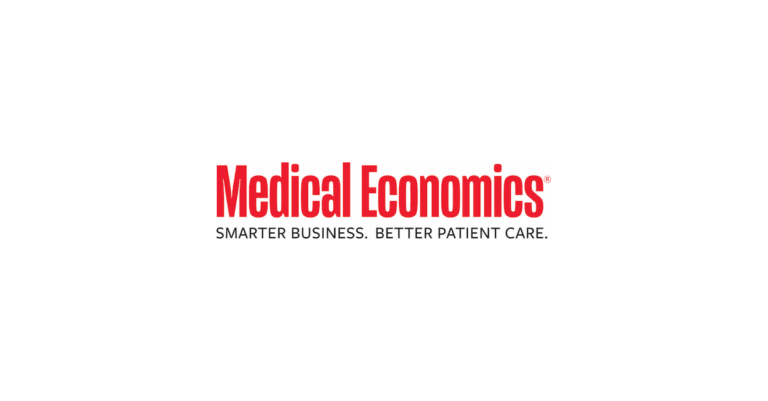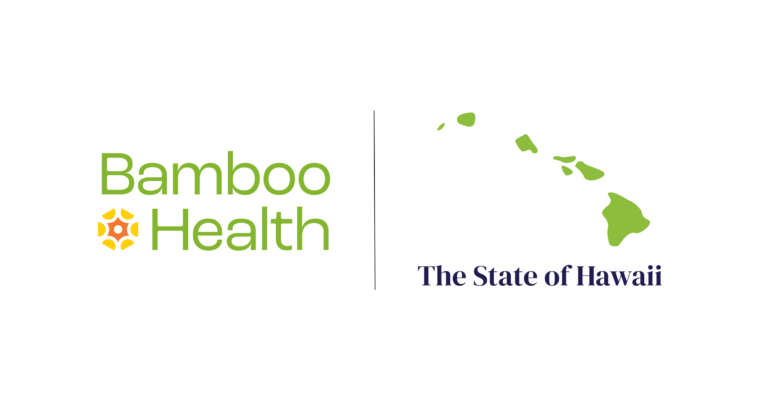Kintegra Health is a Federally Qualified Health Center (FQHC) that provides healthcare services, health education, and preventive care services to patients, regardless of their ability to pay. Kintegra has over 25 practices across ten counties in North Carolina and offers a wide range of services including adult and pediatric primary care, dental care, vision care, behavioral health counseling, pharmacy services, chronic disease education programs, Medication Assistance Treatment, nutritional counseling, women’s screening clinics, and HIV/AIDS case management.
We sat down with Lavondia Alexander, Chief Quality Officer at Kintegra to discuss how her team approaches the shift towards value-based care, challenges they face in this endeavor, and how Bamboo Health helps to improve their care coordination efforts and patient outcomes.
What are some of the trends you are seeing in the shift towards value-based care?
The healthcare delivery system has evolved. There is now a focus on treating patients holistically through proper care coordination amongst varying providers and community partners. The Centers for Medicare and Medicaid (CMS) led the innovation of value–based care through various programs such as Meaningful Use and Accountable Care Organizations (ACOs). There has been a shift where payment for quality is emphasized. There are similar movements for Medicaid and commercial payers participating in value-based care programs and ACOs.
As an FQHC, we serve as a safety net of healthcare for the uninsured and underserved populations. Historically, FQHCs have had limited opportunities in participating in value-based initiatives. Fortunately, we are now able to participate in value-based care reform because our commercial population is increasing, and Medicaid is moving towards value-based care efforts in which we can participate. Kintegra began its journey into value–based care through participating in quality management through incentive programs that included our uninsured population.
We have found that it is challenging to provide value-based care without access to data and analytics regarding how effective we are in coordinating care for our patients. Since this need is identified across the healthcare delivery system, population health analytics tools have become very popular and are imperative to include in your operational plan.
What are some of the care coordination initiatives your organization focuses on?
We have been steering our approach to value–based care for a while. As mentioned earlier, it is difficult without access to data and analytics regarding how effective we are in coordinating care for our patients. We have partnered with varying population software platforms, including Bamboo Health, to assist in this endeavor. FQHCs have to report varying outcomes to the Health Resources and Services Administration (HRSA) to maintain our funding, including, but not limited to, patient clinical outcomes, cost of care for our patients, patient access, and what services and treatments we are providing them. Previously, our main focuses were on care gaps and trying to help manage chronic conditions.
We joined the Carolina Medical Home Network ACO in 2017 and then the CHESS Value ACO this year. These partnerships allowed us to better put care plans in place, focus on patients getting annual wellness visits, figure out how to risk stratify based on utilization, and analyze admission, discharge, and transfer (ADT) data.
What challenges has your organization faced in succeeding under these initiatives?
Despite establishing those beneficial care coordination and workflow processes through our ACO partnerships, we still struggled with transitions of care. We were dependent on our local hospitals to send ADT data every day, as well as our payers to send it via claims data, which was on a monthly basis with a three-month lag. Even once we received the data, we didn’t have the resources to properly act on it nor the ability to confidently know who to reach out to regarding the outdated patient information.
How has Bamboo Health helped play a role in overcoming some of these challenges?
The ADT data we previously received was contingent on information the local hospitals had regarding our patients. This usually included a primary care provider’s name or the location the patient received their care. The ADT data we get now from Bamboo Health is for our entire population across the ten counties we serve.
The notifications include when our patients go to an outside facility, are in real-time, and are hosted all in one place. We didn’t have this kind of real-time data in a sufficient and efficient manner prior to Bamboo Health. Our staff no longer have extended time frames to follow up and ask a patient how they are or remind them about Kintegra’s available services so that they can conveniently come to us versus the emergency room.
Additionally, the Pings give us the most up-to-date phone number and address so that when we reach out to the patient, we have the best chance of reaching them. We are really happy to get this kind of insight from the Bamboo Health platform and look forward to continued learnings and success through our partnership.



